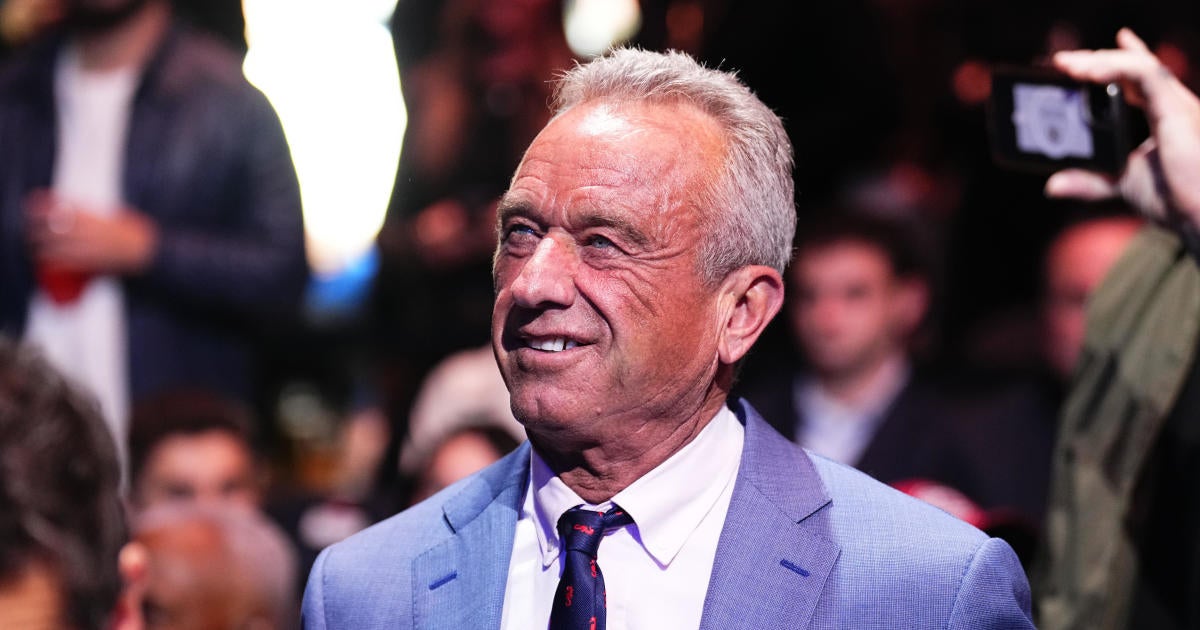Robert F. Kennedy Jr., controversially nominated by President Trump to head the Department of Health and Human Services, is set to appear before a crucial Senate panel on Wednesday to advance his nomination. The Senate Committee on Finance will be the deciding vote on whether his nomination moves forward to the full Senate. Kennedy must receive a majority of senators to be confirmed to lead HHS, which oversees America’s federal health agencies.
The committee’s jurisdiction primarily focuses on the department’s Medicare and Medicaid health insurance programs, which make up a significant portion of mandatory spending in the federal budget. Following his appearance before the Senate Committee on Finance, Kennedy will face questioning from the Senate Committee on Health, Education, Labor, and Pensions (HELP), which oversees agencies like the CDC, FDA, and NIH.
Trump’s other picks to head these agencies will also undergo confirmation hearings. Despite potential differences in opinions, Kennedy could have the authority to override these agency heads as the Secretary of HHS.
Kennedy’s “Make America Healthy Again” agenda will be a focal point of the hearings. His supporters believe that his stances on issues like ultra-processed foods and synthetic additives have broad appeal across party lines, which could bolster his chances of Senate confirmation. Kennedy’s potential oversight of the FDA could influence regulations on food labeling and safety recommendations.
However, Kennedy is facing criticism from both sides of the political spectrum, setting the stage for a challenging confirmation battle. Concerns have been raised about a department-wide communications pause that has hindered releases from health agencies, which is expected to end after Kennedy’s confirmation hearings.
On the topic of abortion rights, conservative groups have expressed divided opinions on Kennedy’s nomination due to his past support for abortion rights. Kennedy has reassured these groups that he will align with Trump’s promise to defer the issue to the states. However, ongoing federal court cases against the FDA regarding abortion medications could force Kennedy and the administration to address the issue.
When it comes to vaccines, Kennedy has been criticized for misleading and unfounded health claims, particularly regarding COVID-19 and polio vaccines. Despite these criticisms, Kennedy has pledged not to ban any vaccines using his authority as HHS Secretary. His government ethics agreement includes a promise not to intervene in matters involving a nonprofit he chaired, Children’s Health Defense, which has been involved in vaccine-related controversies.
Kennedy’s background as an environmental lawyer and activist has shaped his career. He founded and led the Waterkeeper Alliance, focusing on environmental causes and children’s welfare. His involvement in the vaccine debate dates back to 2005 when he raised concerns about vaccine ingredients. His nonprofit, Children’s Health Defense, has been vocal in opposition to vaccine requirements and authorizations.
Despite his longshot bid for the Democratic presidential nomination, Kennedy switched to an independent campaign and later endorsed Trump in 2024. His views on vaccines, environmental issues, and public health have sparked both support and criticism, setting the stage for a contentious confirmation process as he seeks to lead the Department of Health and Human Services.









